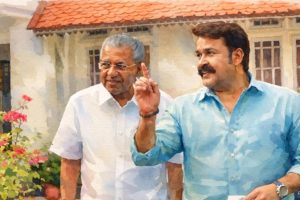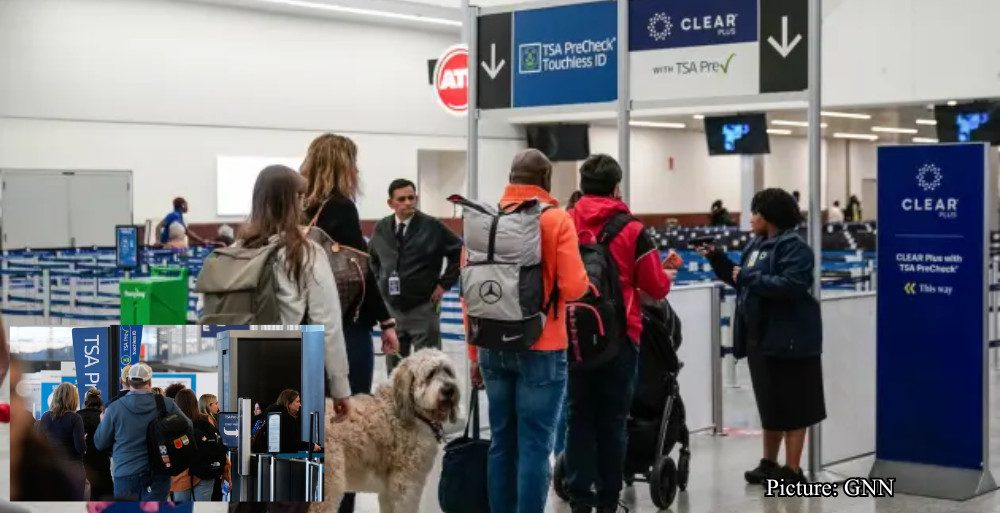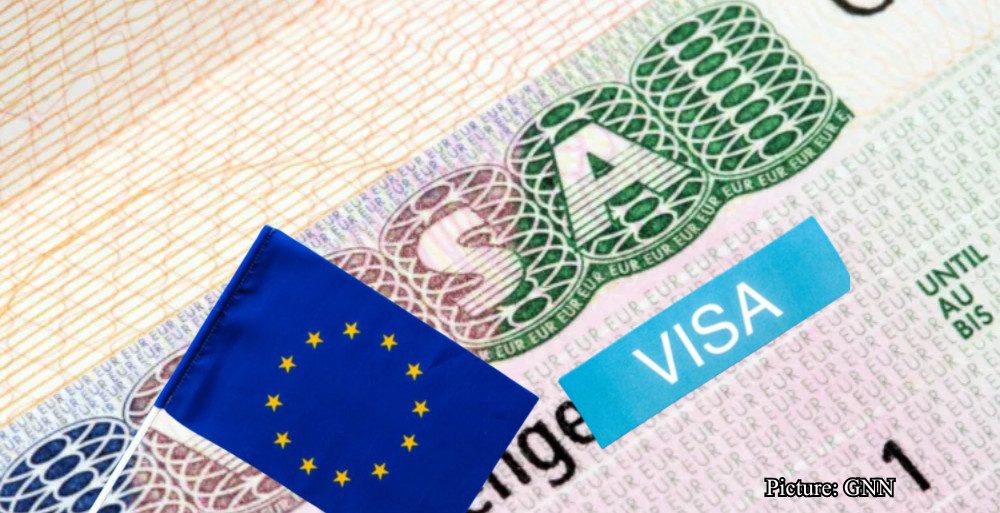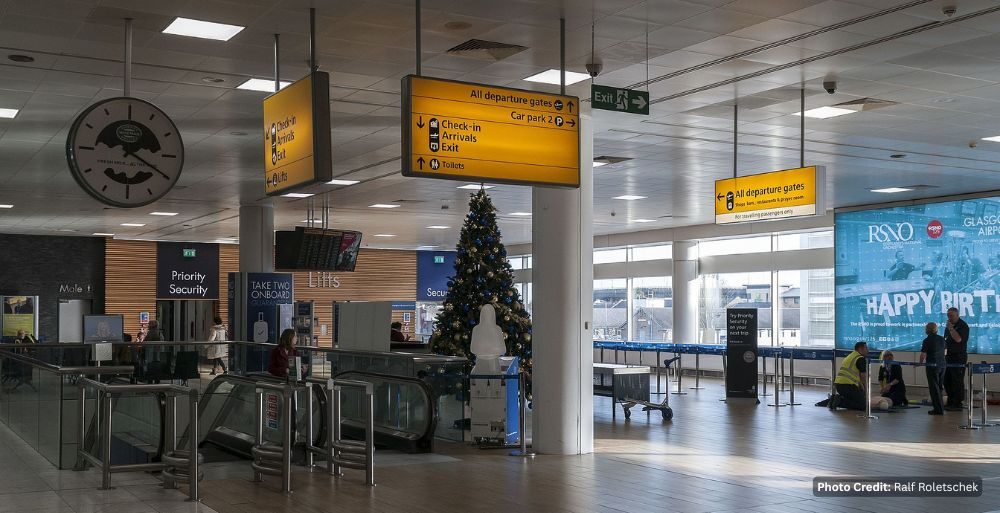It was because Father’s younger brother, Vishal, called that he had the sense that fighting had erupted again in his village between the people of his community and the Kuki, who lived on the other side of the river. Father had missed the call because he was on the toilet. He tried to call Vishal back, but there was no response. Given that those people were in the habit of coming up to farmers and shooting them, Father couldn’t help but assume the worst. He cursed himself for choosing that moment out of all of them to relieve his bladder. He wondered why he couldn’t have waited another ten minutes or taken his phone with him.
‘Why are you walking up and down like this?’
Father looked up to see Mother, who was in the middle of a puja, staring rightwards towards him with slanted eyes, the smoke from the lit incense stick in her fingers wafting over her cheekbones. Was he pacing? He sometimes began pacing around the house when he was worried and never noticed.
But Mother always noticed, regardless of whether she was in the midst of prayer or not. She asked him, ‘Did Vishal call?’
‘Haan.’
‘And what did he say?’
‘I don’t know. I missed the call.’
‘Why don’t you call Prakash?’
‘The last person I will call is Prakash,’ Father fumed, and for good reason. His elder brother was, first of all, almost always drunk, just like their father had been, and whenever Father called, he mostly cursed him out. Father dialled again for Vishal, but the phone was busy. Frustrated, he threw the phone against the plush of the sofa and put his hands on his waist as he walked about.
Mother sprinkled some water on her idols. ‘Why are they killing us all slowly? They should kill us all in one go. And then they’ll be happy. All of the Hindus of Manipur will be gone. They’ll have this land they stole.’
Father pursed his lips. He and his wife had gotten into this argument time and time again over the last two years, ever since the conflict between the Kuki and the Meitei had started. Tensions were high, and for good reason. Shops in commercial areas were suddenly bursting into fire, women were being dragged naked into the streets, and people were carrying guns everywhere. The rumours were that the Kuki were infiltrators from Myanmar who were out to sell drugs and steal their land.
But in the village Father had been born and brought up in, the Kuki and Meitei shared one river—for their bathing, for their washing, for their playing, and for their cleaning. People travelled from one side to the other to sell their wares or purchase goods. They’d laughed with each other, shared jokes, gossiped. Father wouldn’t say that he had ever had a Kuki friend, but he knew that they were people like any other, just that they had a different set of customs compared to the Meitei.
His phone rang. It was Vishal. He took it as soon as possible.
‘Vishal, are you okay?’
His younger brother responded, ‘For now, yes.’
That wasn’t a good sign. Father asked question after question in rapid succession. ‘Are they storming the village? Have they burned anything? Did anyone die? Is everyone okay?’
‘Wait,’ Vishal said. ‘Speak slowly, slowly. You are giving me a headache.’
Father could practically see his younger brother rubbing his forehead in consternation. He had this habit to want to relieve the tension impacting the blood flow in his head immediately, which was the excuse he would use to go for head massages whenever he visited Father in Imphal. Of course, given his younger brother’s other tendency, Father wouldn’t have been surprised if he was getting another sort of stress relief from those college girls. Anyways, Father had gotten him some ayurvedic oils imported from Kerala, which he hoped his brother was using. He would have asked him about it, but he doubted it was a topic high on his younger brother’s list of priorities at the moment.
‘So, then,’ Father said. ‘Tell.’
‘Wait,’ Vishal said, but this was a different ‘wait.’ The phone cut off.
‘Vishal? Younger brother? Vishal?’ Father said, at first as a whisper, then as a shout. Then he barked out to his wife, ‘Turn on the television.’
As his wife scanned the news channels for information, Father put the name of his native village into Google to see if there were any updates. As always, nothing was there, except for news of the flare-ups in violence that had happened some months back in nearby regions. One woman had been killed in Churachandpur district. Five Kuki had been killed in gunfire in Tamenglong. There were those headlines, but nothing related to his village, which was removed from Internet and communication networks. Even if Father was inspired to suddenly visit, it would take him half a day to reach due to the poor conditions of the roads, as well as all of the checkpoints the government had put up in a bid to curb the violence. By the time he reached, the situation could have changed, and he might even be asked to turn back.
It was difficult to know that the people he loved were in a helpless situation, and there was nothing he could do to be there for them.
At least he was being called again, and quicker than the last time. This time, Father said, ’The next time you can, come to Imphal. You can stay with me. I am here to take care of you.’
While Imphal wasn’t completely back to normal, Father lived in an area that hadn’t been affected much by the violence.
Vishal said, ‘I cannot.’
Father sensed something in his tone. It was a sort of bitter annoyance which didn’t suit the context. Father didn’t want to assume anything because he didn’t know what Vishal was going through. He continued asking him questions to understand the situation better.
‘Are you injured? Did they shoot you in the leg? Are you incapacitated? Are you hurt?’
‘Nothing has happened,’ his younger brother said. ‘At least not to me, or anyone in the family. But there has been a lot of gunfire.’
‘All the more reason for you to come to Imphal.’
‘And how will we be able to come when there is gunfire outside? Are you stupid?’
That was an unwarranted thing to say. If there was not an emergency happening, Father would have lost his temper and snapped back. He reminded himself to keep his cool. Vishal was under a lot of stress and probably saying things he didn’t mean.
‘You are my brother. You can come soon when things improve.’
This time, Vishal said it firmly. ‘No. You ask time and time again, and we will keep saying the same thing. We are not coming to Imphal. We will not abandon our land.’
Father’s hand suddenly gripped his phone tightly, as if he was struggling to keep it held. ‘What do you mean by that?”
He again could not see Vishal, but he was used to how his younger brother smirked whenever he was trying to communicate something passive-aggressively. ‘I meant what I said.’
‘Imphal is Manipur. It is also our land.’
‘But I will not abandon the place where I was born and brought up, the place our mother raised us.’
Father scoffed, ‘You have visited me so many times.’
‘When our mother was alive. Now our mother is not alive. And we have not visited since then for a reason.’
Now he was almost strangling the phone. It was a miracle it wasn’t breaking in his hands. ‘Do you mean to say it’s my fault that our mother is not alive? Or do you mean to say something else about where I live, or how I live my life?’
‘I said nothing about that,’ Vishal said, but again, Father could hear a certain sort of smugness in his tone.
Father said, ’You are jealous of the things I have. You have always been.’
Father did, after all, live in a three-storey cottage in the suburbs of Imphal, with plenty of space for not only his two brothers and his mother, but their entire families. He had sent a lot of money back to the village when his mother had been alive, which he had stopped now because there was no reason to send such things to his brothers. Father remembered how intimidated they had been by the sheer amount of space Father had whenever they came to visit. He saw how perplexed and out of place his two brothers were, always choosing to sit on the floor rather than on the furniture, never turning on the TV, always watching things on their cell phones.
Vishal said, ‘I did not call you to discuss this matter. I called you because I didn’t know whether I would survive the next hour. I didn’t expect you to say something like that. I have always defended you in the family, even when others were hard on you.’
All of this was true, and now that Father had said what he had said, he was in full awareness of it. Father asked again, ‘Is everyone fine?’
‘Yes,’ Vishal said, but then he added, ‘I think we should not talk for some time.’
Father was about to respond, but Vishal cut off the phone call. Before he could process what had happened, Mother stood up from her prayer and shouted at him.
‘You shouldn’t have said that they are jealous of us. They are in the middle of a conflict. We don’t know what is happening to them. The luxury of our house is the last thing on their minds.’
‘I know that,’ Father barked back, but he did not regret that he had addressed it. ‘But after all this time, they are still angry that my mother died in our house and not in their home.’
‘Did they say that?’ Mother questioned. ‘Did they directly say that they think you are responsible for the death of your mother?’
‘No.’
‘Then why do you think that?’ Before Father could reply, Mother spoke for him. ‘Because you feel responsible. My dear, you are too hard on yourself. Your mother was an old woman. She was going to die sooner or later. Be glad she died of old age and not because of this violence. You are not responsible for anything, and they know that. They are grieving in their own way.’
Father’s emotions were choking him in the throat.
‘But…they do think it…and I did take her away from her home and…she did die and…people are dying left and right and…some are relatives…some are dying from guns…I’m not a doctor anymore…I couldn’t save her…I couldn’t save them…I can’t save anyone…’
Mother patted Father’s back, and when it looked like he was getting too weak to stand, she let him fall into her arms for a hug.
‘You call him back now and explain.’
Father nodded but was too weak to reach for his phone. She dialled the number for him and put the phone to his ear.
As the phone rang, Father thought about what he actually wanted to say. He wanted to confirm the extent of damage that had been done to either property or personhood. He wanted to assess if any loved one were affected. He wanted to know how his younger brother was actually feeling. He really did want to know. Vishal was very sensitive but level-headed. Over the years, no matter how much his elder brother, Prakash, made up nonsense about Father, Vishal made it a point to keep in touch, to maintain conversation. Like brothers, they really shared everything and tried to be there for each other.
The phone rang and went to the busy message. Father called a second and third time. Both times, the phone went to the busy message before it could even ring. Father said to his wife, ‘He’s not even picking up.’
His wife said, ‘Give him some time. He might need to process what you two discussed.’
Father was at a loss. He had called to check on his brother because he was worried about his loved ones; he had not called to insult him. That other stuff had come up because he had lost his temper.
But no matter how many times Father called that day, Vishal didn’t answer. He couldn’t help but feel that no matter how close their relationship had been over the decades, because of this minor escalation in conflict, an irrevocable sort of damage had been done.















